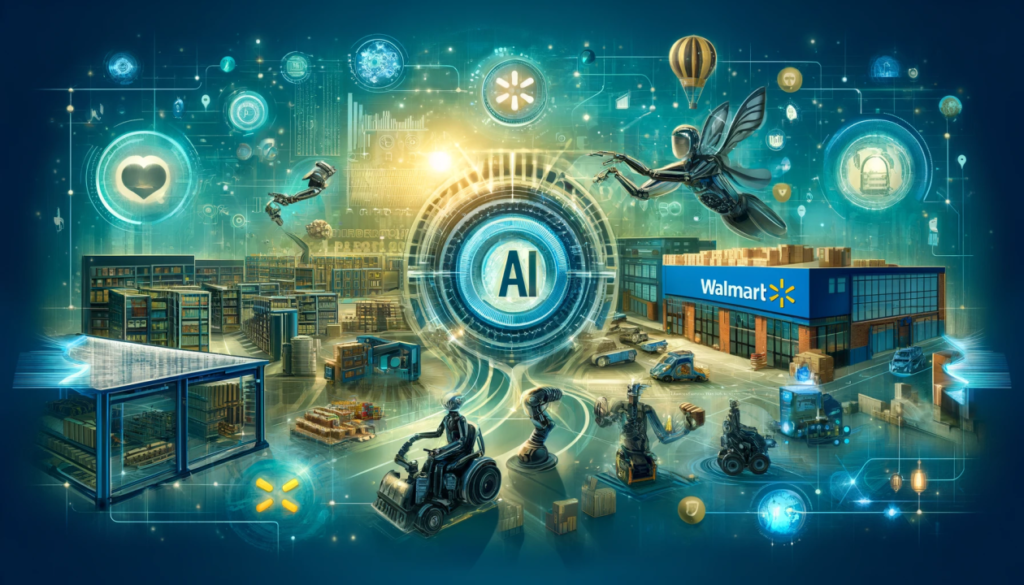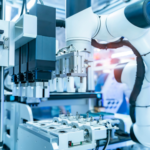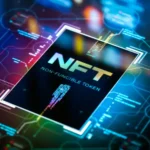Today, in the face of environmental issues and brisk technological progress, the packaging field is transforming into environmental awareness and state-of-the-art technologies. Sustainable packaging that is now smart, empowered by AI, is about to take its place by transforming traditional packaging practices and adding new abilities in sustainability, efficiency and personal consumer experience through its usage. In this paper, we explore the relationship between AI and intelligent packaging, and how smart packaging will use AI to push sustainable technologies and become the future of packaging.
Smart packaging has once again made packaging an indispensable part of the consumer’s buying behavior. Smarter packaging is a new phenomenon in the packaging landscape embodying the most advanced technologies (which include sensors, RFID tags and QR codes) that leverage their functionality, traceability, and engagement features. Intelligent packaging is done by embedding the intelligence into packaging materials for a communication purpose. Smart packaging performs real-time monitoring of product conditions, authentication, and interaction with consumers. The more than a treatment approach enables quality improvement and product safety, which on one hand help enhancing branding and facilitate entering the market and on the other hand promote brand equity by reinforcing and deepening brand associations through consumer experience.
AI can prove to be a valuable asset for sustainable solutions.
Optimized Material Usage: AI algorithms work through a material properties database, production process, and environmental efficiency to create an optimal packaging design capable of being sustainable. AI intelligent design solutions are the results of the careful consideration of materials strength, weight, and recycling factors that lead to the creation of packaging designs that are both waste minimizing and resource efficiencies maximizing. Reduction of packaging impacts leads to smaller environmental footprint of materials, compliance with circular principle and goals of sustainability.
Supply Chain Optimization: AI-assisted supply chain management facilitates effective processes, transparency, and tracking for the packaging development. Using data from different sources such as production processes, transportation routes, and inventory levels algorithms can be improved by AI algorithms to achieve a minimization of the amount of wasted resources, the carbon emissions and much more. The refinement leads to higher operational efficiency and sustainability, which are key elements in any business to meet the increasing demand while still respecting the environment.
Challenges and Opportunities
However, the smart packaging and AI may lead around the globe and be the reason to decrease the amount of waste, to make the consuming processes more effective, etc.; on the other hand, the companies and consumers start to be in dilemma concerning the safety of personally identifiable information and also their safety due to the cyber-attacks. The initial challenges of data privacy, cyber security and infrastructure compatibility of the conditions beforehand to be met lead to the development of decisive risk management strategies. And to the fact that sometimes the initial smart packaging solution implementation for some companies is costly can be a barrier for them to adopt the technological innovations. Therefore the smart technology packages still may raise some concerns related to the environmental impact and regulatory restrictions, but the positive aspects such as sustainability, efficiency and customer satisfaction largely overcome this drawback. As a result, intelligent packaging is an option of choice for progressive brands.
Waste Reduction and Recycling Optimization: AI as an important player in waste reduction and efficient compartmentalization of the recycle activity is, undoubtedly, extremely known. The AI algorithms can be the way of the aggregation of waste generating, recycling data and may identify the methods of the packaging design optimization for recyclability and will improve the emcon system of the end-of-life. Additionally speaking AI-empowered sorting and recycling machines are admittedly most efficient and accurate sorting tools. In this way, the recycling of materials is greater than ever and the wastes are probably sent to the landfills. Furthermore, the footprint on the environment will definitely be lower — such efforts are based on the waste reduction and recycling optimization principles — this is applicable to the principles of circular economy— which foster sustainability.
Life Cycle Assessment and Environmental Impact Analysis: AI is a prime mover behind the timing and the emission of LCAs and EIAs of best possible packaging alternatives. The AI approach that uses the data analyzed from the sources of raw materials, manufacturing processes, delivery network and the finished article can trace the environmental impact of packaging all through its lifetime. This cognition gives a foundation to business organizations to consult the packaging of goods, the most environmentally friendly packaging style and how to cut down supply chain impacts among other things favoring environment and sustainable Artificial intelligence (AI) has revolutionized the field of medicine by automating tasks, improving diagnostic accuracy, and enhancing patient outcomes. AI-enhanced ecological impact analysis and its integration into the decision-making structures of the companies imply that they will maintain a continuous progression regarding sustainable packaging practice and help raise the bar for environmentality in all sectors of industries.
Conclusion
Through the transformational AI, companies can succeed in minimizing their material consumption, supply chain management and actively engage their consumers with more environmentally friendly activities for a better and more powerful tomorrow. Taking into account the fact that companies are just rolling with these technologies and moving on to the sustainability journeys, the future of packaging is more optimistic than ever and will be customized by the combined effect of the pursuit of the well-being of all parties.



